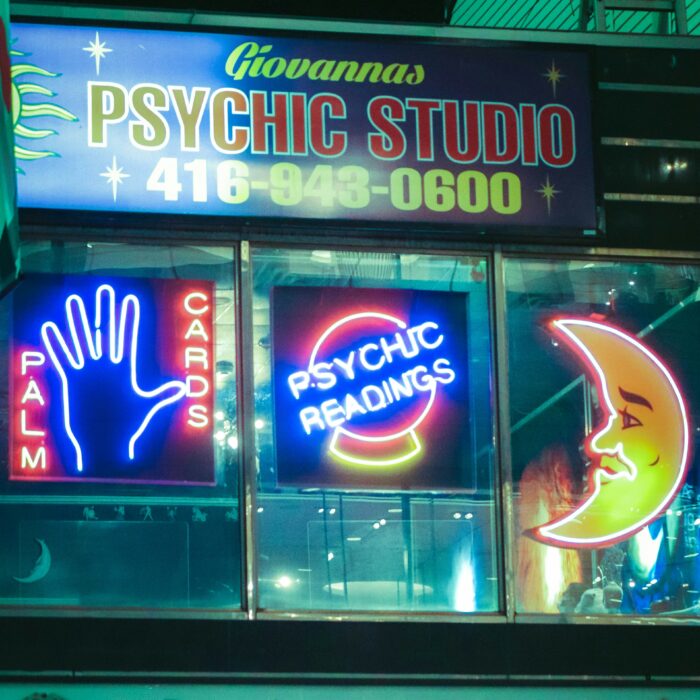You have no items in your cart. Want to get some nice things?
Go shopping1-

I recently heard Martin Amis assert that poets do not drive. A characteristically blunt statement, perhaps, but when Mr. Amis says something that pertains to writing and writers it is probably wise to listen, at least with one ear.
Note that he did not say that poets make poor drivers or that drivers make poor poets. He was stating that at some mysterious, possibly genetic, level poets DO NOT drive.
Poetry writing and not driving are connected here like cigarette smoking and schizophrenia, it’s physiological. The one state of being precludes the other – the science is in.
It could be pointed out of course that Martin Amis is not a scientist and, for that matter, neither am I.
I am a poet.
I am a poet, and at nearly 46 years old I am soon to take my driving test for the first time.
Does this mean my days as a poet are numbered or worse still that I was never a real poet to begin with?
Does it mean instead that I am doomed to endless driving test failures stretching like a string of dirty pearls into the vertiginous, far future of driverless cars?
Neither, I hope, I trust, will turn out to be true.
A troublesome word ‘true’. The closer you bring your nose to it the more unclear it becomes. You start to see the brushstrokes, the texture of the paint; not altogether an unpleasant sensation but a complex one.
Still, there is something true about Amis’ statement; or, more importantly for our purposes here, something half true.
There are poets who love to drive. There are poets who have written a lot and sometimes well about ‘the road’. Depends on how you feel about Jack Kerouac I guess and really how else should we look at films like “Lost Highway”, “Wild at Heart” (both directed by David Lynch, who qualifies as a poet in my book) or “Kings of the Road” (Wim Wenders, another celluloid poet)? Half the great stories of the world involve going on a journey if we are to believe that:
“There are only two types of story: a stranger comes to town or someone goes on a journey.” Which is itself a wonderful half-truth which has been attributed to many different people. Many people have noticed it because it is at least half true.
Yet there is something about the amount of time the poet must spend in his or her imagination that renders them unlikely to become expert in matters where one must interact with the physical world through a mechanical medium. You cannot imagine yourself into the muscle memory required to master the skill of driving; theorising parallel parking techniques will not coat the necessary nerves with myelin.
In the contra-flow lane we have the Steve McQueen type. He is the perfect archetype of the anti-poet. He never read a book. At least that was his claim, and if he made the claim and it wasn’t accurate it is even more psychologically revealing.
McQueen also drove racing cars and did so at a very high level while being a full-time movie star. The lines on his face resembled the tracks of a rally course and were arguably more profound and expressive than most creative writing.
And, tellingly, a lot of poets would kill to have been him.
“You cannot serve two masters.” It’s a half-truth.
All of these thoughts are sparked by Amis’ quip and therein lies its value.
2-
“Everything is true if you understand it correctly.” Let’s keep that thought in mind; let it colour our view for a short while.
All half-truths are in some sense generalisations. The trick is to understand them correctly, to see the wisdom and simultaneously recognise the narrow perspective.
We live in an age of fake news and carpet bomb campaigns of lying which make us thirst for an idea of simple, decent truth; but we must not let this desire blind us to the virtues and opportunities of the half-truth.
We might also live in an age of hyper-truth. It is less spoken of but equally real. People stalk each other’s Twitter feeds in the hope of finding a small misstatement or simply a statement that can be misread and used to immediately assert that this alone reveals a level of truth about the individual that supersedes everything and anything else they have ever done or said.
“Hey,” they cry in triumph, “I knew it all along, you are a filthy Fernophobe.”
Generalisations and even stereotypes can be instructive as long as you never mistakenly assume that they are exhaustive.
Language is not a one-to-one scale map. The word is not the thing itself. Words create a web to orient the senses, the emotions, the thoughts and hormones in a general direction, but they pin nothing down. Reality wriggles out from underneath them like energetic bugs – disturbed, observable briefly, and then gone.
3-
Half-truths throw sparks in many directions. They briefly illuminate possibilities and directions of thought. Without them we would lose so much of value: most of what the Irish call “Kitchen Talk”, at least half the poetry of Leonard Cohen, the entire canon of Nietzsche, the prose career of Woody Allen, those quotes we all like at the beginnings of novels or the chapters in those novels, William Burroughs’ humorous ‘skits’, haiku, Taoism, many current and historical definitions within the Diagnostic and Statistical Manual of Mental Disorders, the prayers printed on the cards that back holy medals and relics, Heraclitus, anything worthwhile on Twitter that doesn’t involve high-fiving cats, political slogans and most people’s functional understanding of the political and philosophical beliefs they consider shape their lives, several books from the Old Testament including Proverbs and Leviticus, the entire history of stand-up comedy, advertising, the self-help industry, and, of course, this short essay.
Misunderstood there is a dark, reductive force to the half-truth it cannot be denied; but understood correctly there is nuance, excitement and joy.
Perhaps we should nurture our half-truths, if ever so carefully, because there may not be any other species of the illusive beast around.
Come to think of it, best not to take my word for any of this for, with Mark Twain, I can say:
“Yes, even I can be dishonest. Not in too many ways, but in some. 41, I think it is.”
And that is at least half true.

About Jamie Lynch
Jamie Lynch is an Irishman living in England. He has been writing since he was a child though some people said that was just telling fibs. He has spent far too much time reading the Moomins and when he is not writing he enjoys lifting kettle bells and training in Martial Arts.



